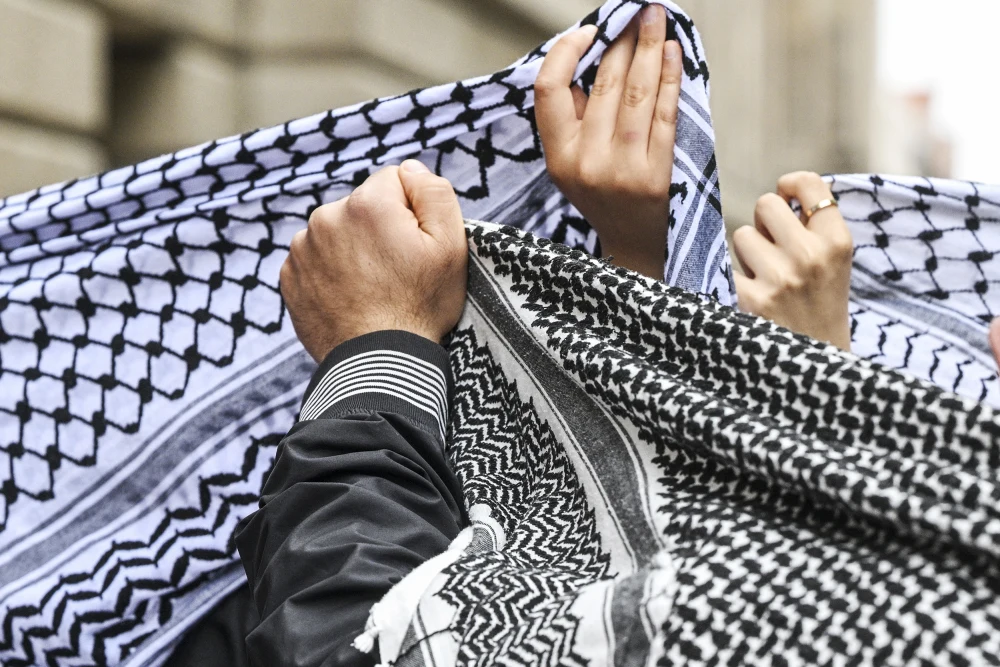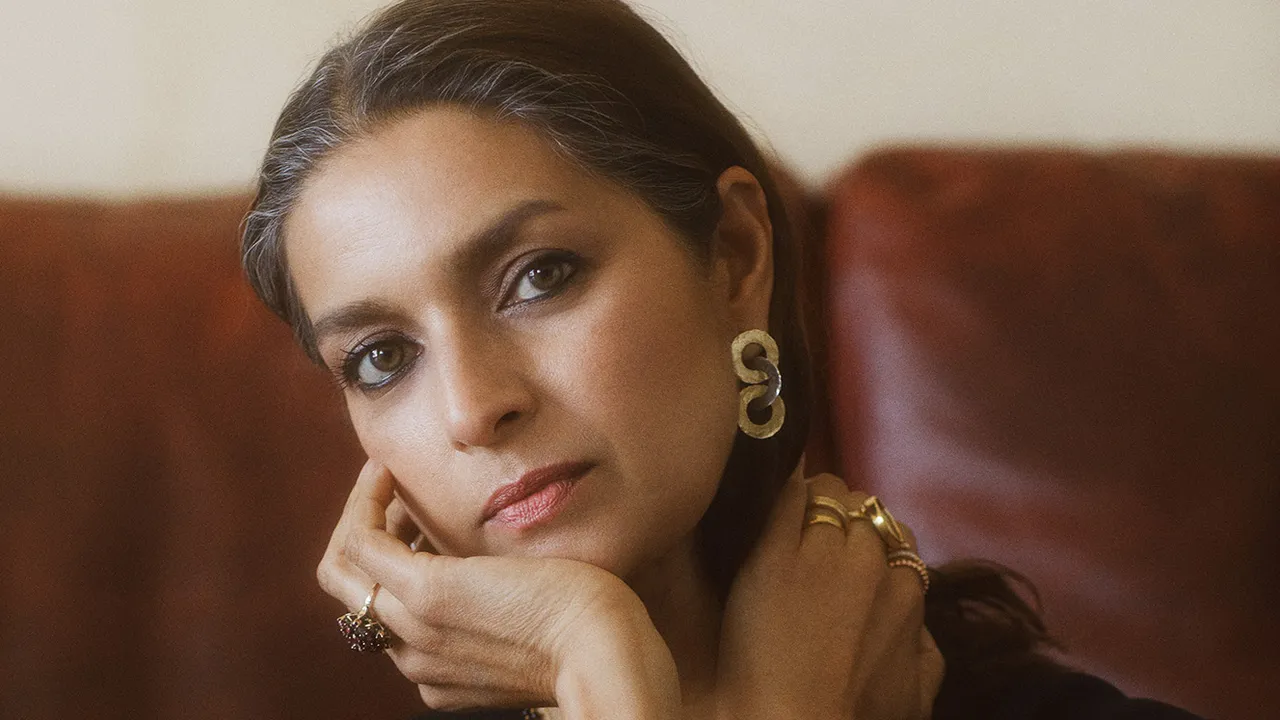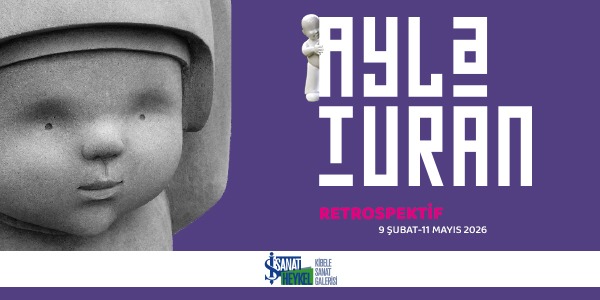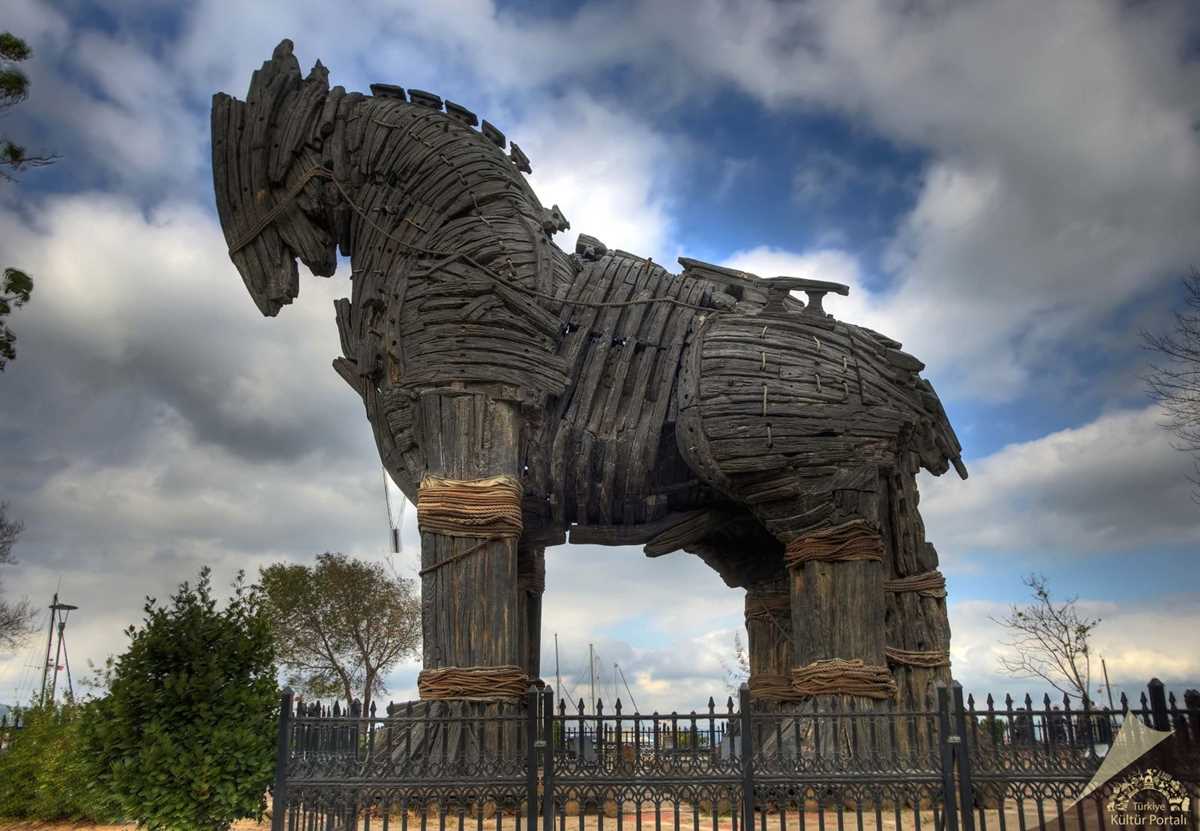Pulitzer Prize-winning author Jhumpa Lahiri has withdrawn her acceptance of the 2024 Isamu Noguchi Award in protest of the Noguchi Museum’s recent decision to ban the wearing of keffiyehs by staff, a move that has sparked significant controversy. The museum, located in Long Island City, New York, implemented the new dress code policy in August, and the fallout has been swift, with cultural workers, activists, and members of the community decrying the policy as discriminatory.
The keffiyeh, a garment often associated with Palestinian solidarity, has long carried political symbolism. The museum’s decision to ban it, according to its director Amy Hau, was intended to “prevent unintentional alienation of our diverse visitorship” and to keep the institution focused on its mission of promoting the art and legacy of sculptor Isamu Noguchi. However, this reasoning has not quelled the backlash. Lahiri’s decision to decline the award is seen as the latest in a growing chorus of criticism against the museum’s stance, which has led to protests, walkouts, and accusations of hypocrisy.
Isamu Noguchi, a renowned Japanese-American artist, was himself a vocal advocate against discrimination, having voluntarily interned in a Japanese-American prison camp during World War II as a statement of solidarity. His political engagement has been a central narrative of the museum’s exhibitions and public materials. Critics argue that the ban on keffiyehs contradicts Noguchi’s own legacy of activism and resistance to oppression.
The museum has faced increasing pressure since the policy’s introduction. Protests erupted shortly after employees were informed of the ban, and two walkouts took place in August, with workers demanding the ban be repealed. The museum, however, did not reverse its decision. In September, three employees were terminated for refusing to comply with the policy, sparking further outrage. A fourth employee, the director of visitor services, was also fired. The museum’s actions have led to public demonstrations, with protestors accusing the institution of selectively enforcing the policy, particularly targeting employees of color.

Trasonia Abbott, one of the fired employees, voiced concerns over the museum’s inconsistent application of the ban, recounting how they were taken off-site for a meeting where they were ordered to remove their keffiyeh. Abbott, who is Black and uses they/them pronouns, was the first employee subjected to such a meeting, though they claim others had worn the scarf in visible roles within the museum for months. Their manager, an employee of Middle Eastern descent, had already been fired over the same issue.
The keffiyeh ban has cast a shadow over the Noguchi Museum, threatening its reputation as an inclusive cultural space. Many critics see the policy as antithetical to the museum’s historical commitment to activism and social justice. Protestors point out the museum’s previous stances on issues like police brutality and anti-Asian violence, arguing that the ban represents an inconsistent approach to political expression.
Lahiri’s decision to decline the award further underscores the growing unease with the museum’s leadership and its attempts to enforce “apolitical” neutrality. As Natalie Cappellini, one of the terminated employees, noted at a September protest, “The museum itself is political. Banning the keffiyeh is a stance. It undermines everything this institution stands for.”
As the debate rages on, the Noguchi Museum faces a profound question about its identity and role in the cultural landscape—whether it can maintain a space free of politics, or if, like its namesake artist, it must confront the inextricable ties between art and activism.









